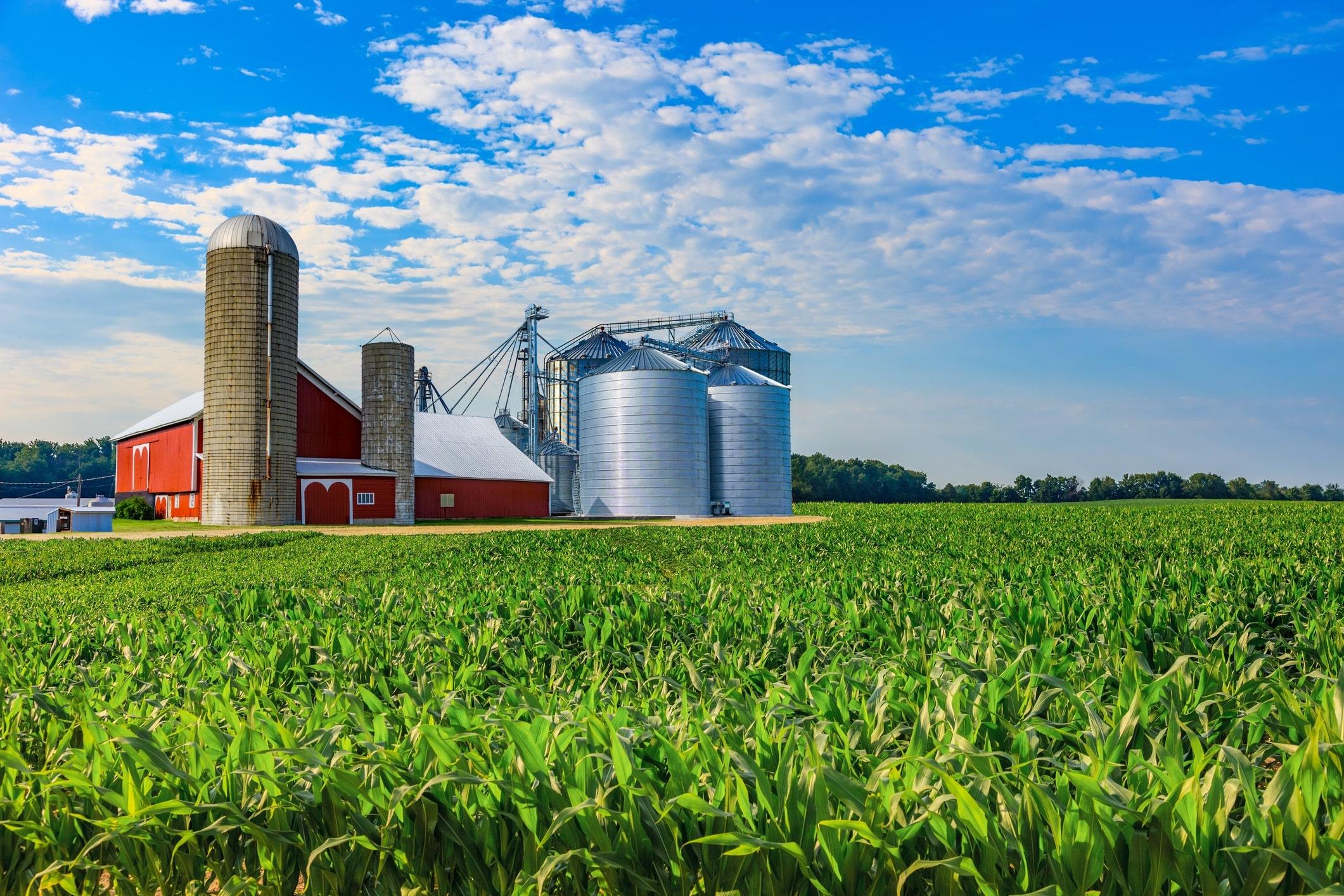Environment
Different aspects of a farm can be dangerous, however, an often-overlooked risk in agriculture is the hazards of the farm itself. There are several risks that come with agriculture simply because of the nature of the job and the environment being worked in. It is best to be aware of these risks before going out to work so that safety can be practiced, and accidents can be avoided.
Farm Structures
Farms are home to many different types of structures. One of the most common structures on a farm is the barn, and barn fires are one of the biggest safety risks. Barn fires can be a large monetary loss for farmers and endanger not only those on the farm, but livestock in and around the barn. A prominent cause of barn fires is electrical accidents, so inspection of barns is crucial for prevention. It is also a good idea to have an emergency plan in case of a fire, this can include escape routes for livestock and procedures to stop the spread. One of the most dangerous structures that is commonly seen around farms is silos, falling incidents involving silos happen much more often than they should, and caution should always be taken when scaling them. Some silos are also designed to reduce oxygen levels to preserve the crop its storing, this can mean suffocation if a person is not careful while within, so safety is important both in and outside of the structure. These dangers can also be applied to something such as a grain bin. Another very common structure seen on farms is a farmhouse since many farmers and their families live on the farm itself. The farmhouse is not very dangerous, rather safety is a concern in regard to protecting the farmhouse and those living inside. For example, any place where chemicals are being produced or utilized should be kept away from the house, and windows should stay closed during operations such as pesticide application. It is generally a good idea to separate farm work from the farmhouse, where those who aren’t working live.
Farm Fields
A field on its own isn’t necessarily too dangerous, though field work does come with some hazards that farmers should look out for. Sun exposure is a very real threat, and for those who spend many hours outside in the heat, like many farmers do, care should be taken to prevent any serious harm. Burns and even potentially skin cancer can occur during prolonged exposure to UV rays, so it is recommended to wear a hat that shields, sunglasses, and even apply sunscreen when spending long hours in the sun. Other potential dangers when working on a field include pesticide exposure and machinery accidents, this can be prevented by acting responsibly and following guidelines given by local government as well as the manufacturer of any farming product being used. Manure pits are a popular method of waste management as they can make cleaning livestock barns easier and are able to create fertilizer, but the process can actually be very dangerous. Far too many farmers have had fatal encounters with manure pits, mainly due to the fact the anerobic digestion that has undergone in the pits produces toxic chemicals. To stay safe when dealing with manure pits, the pit should always be ventilated and should never be entered unless necessary. To learn more about the dangers of manure pits and how to exercise safety visit the following publication: https://www.cdc.gov/niosh/docs/90-103/default.html
Livestock
In the case of livestock farms, a farmer always wants to keep themselves and their animals safe. To achieve this, farmers should always act consciously and commit to proper health and safety practices. Animals should be treated properly, and necessary actions should be taken to fight off any possible diseases. For personal safety, farmers should secure pens/barriers and never cross them without thought of what needs to be done and routes to exit. Also, a farmer should never turn their back to their animals when enclosed with them and anyone who is going to be interacting with the animals should have knowledge and training in caring and handling of the animal. If these and similar measures are taken in livestock farming, risks will be at a minimum and both the farmer and livestock will stay safe.
